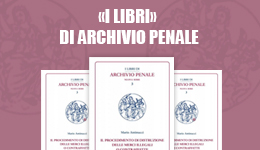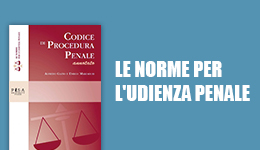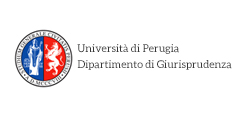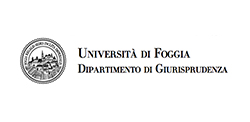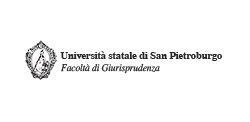Nuovi oneri in capo al pubblico ministero
Archivio Penale
© Pisa University Press 2023
Ricevuto: 17 August 2023
| Accettato: 25 August 2023
| Pubblicato: 28 August 2023
L'intero articolo è disponibile per gli abbonati
Riassunto
Il d.lgs. n. 150 del 2022, per esigenze deflative, ha modificato la regola in base alla quale il pubblico ministero, al termine delle indagini, deve scegliere se richiedere l’archiviazione o il rinvio a giudizio. La nuova disciplina pone in capo al pubblico ministero responsabilità inedite, demandandogli di prevedere il ragionevole esito del processo. L’elaborato analizza le nuove disposizioni, con particolare attenzione al rischio che la valutazione del p.m., per la maggiore precisione richiestagli, influenzi il giudice. Si esamina perciò anche l’accresciuta esigenza di garantire il confronto anticipato fra pubblico ministero e indagato, previsto dall’art. 415-bis, affinché il secondo convinca il primo ad evitare il giudizio.
New responsibility on the public prosecutor.
The Legislative Decree n. 150 of 2022, for deflationary needs, modified the rule according to which the public prosecutor, at the end of the investigation, must choose whether to request the archiving or indictment. The new discipline places new responsibilities on the public prosecutor, asking him to predict the reasonable outcome of the trial. The document analyzes the new provisions, with particular attention to the risk that the assessment of the prosecutor, due to the greater precision required of him, influences the judge. Therefore, the increased need to guarantee the anticipated confrontation between the public prosecutor and the suspect, foreseen by art. 415-bis of the Code of Criminal Procedure, so that the second can convince the first to avoid the trial.
Percorso di valutazione
Peer reviewed. Certificazione della qualità


